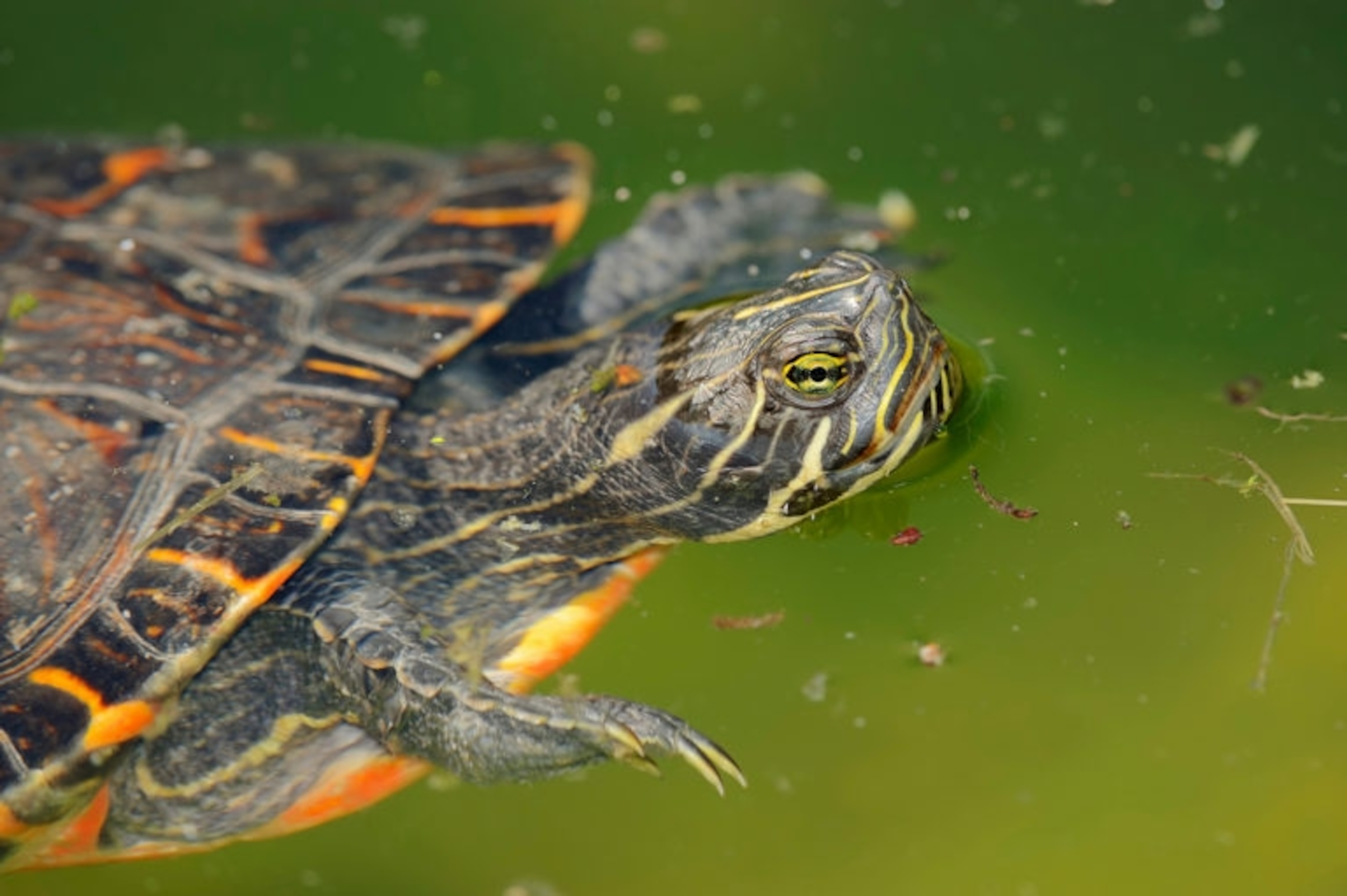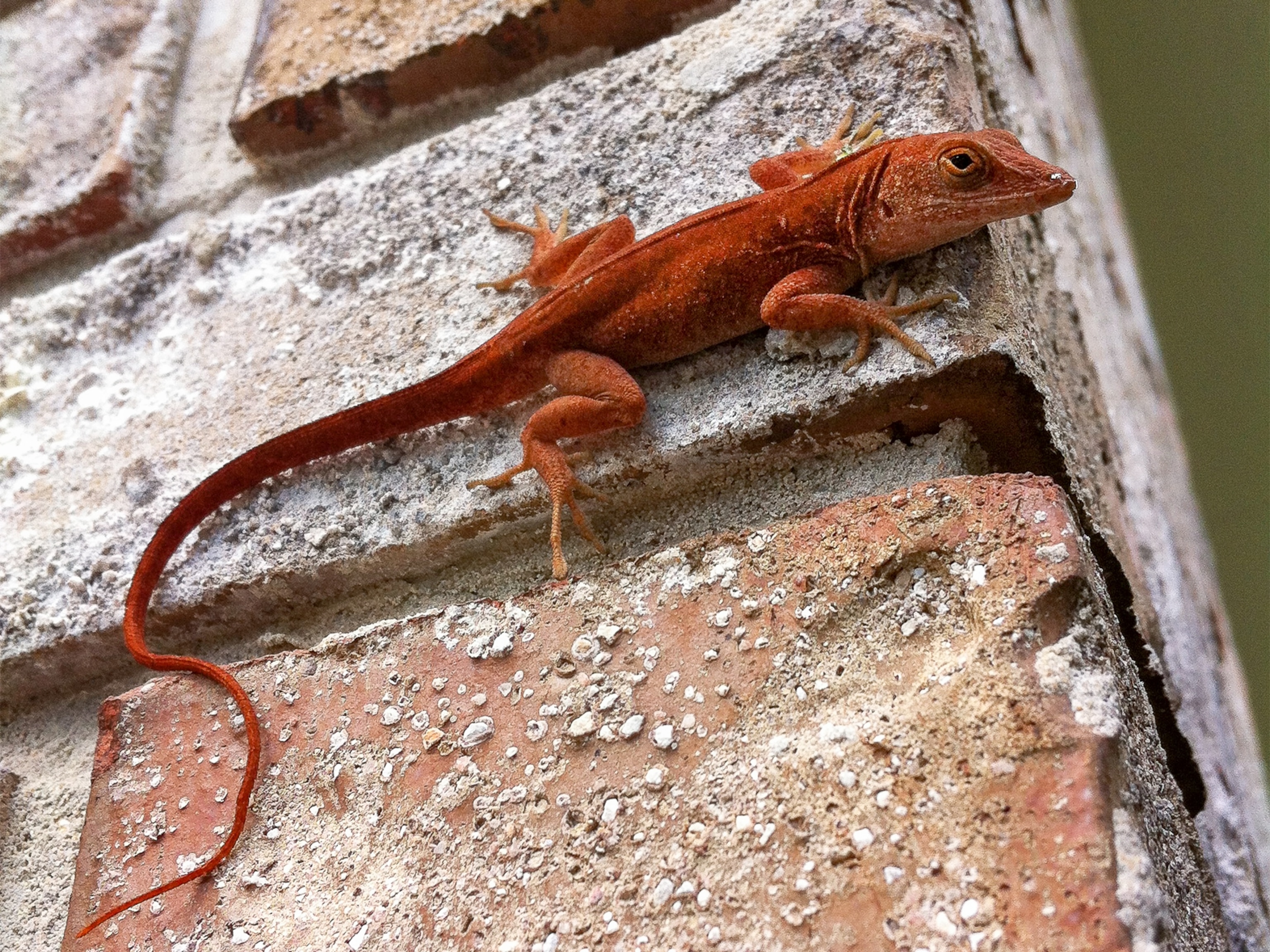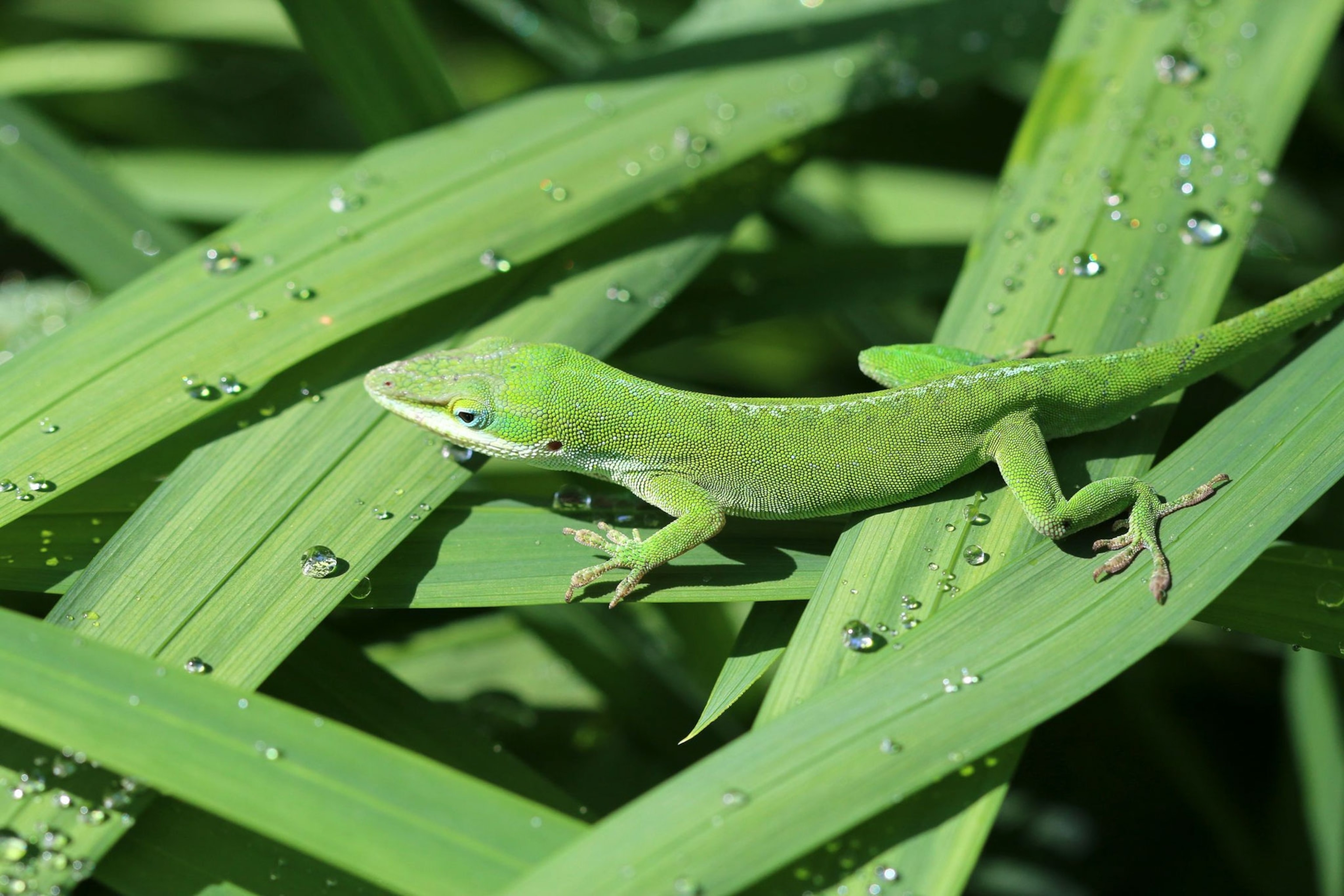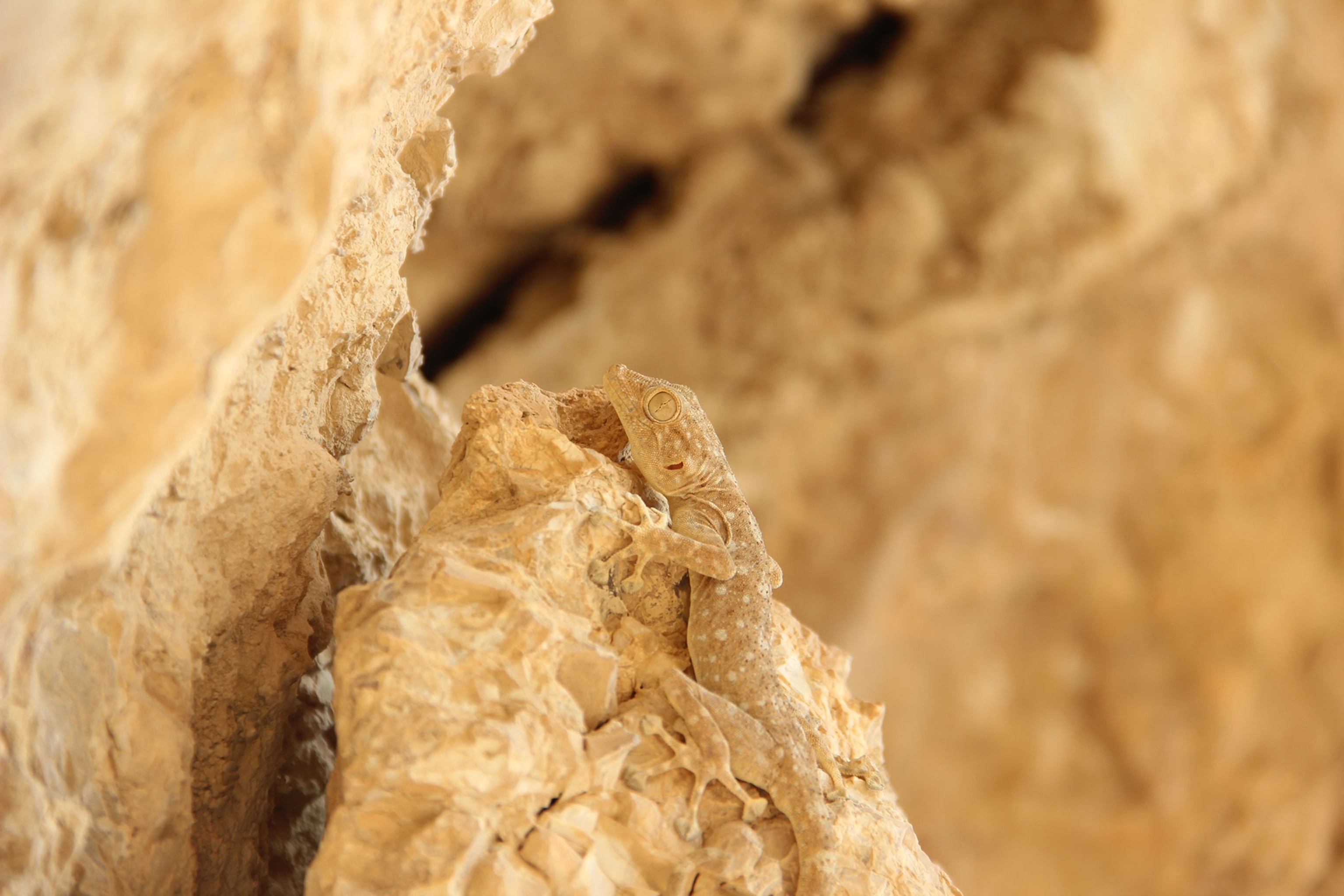
Ask Your Weird Animal Questions: Reptiles
From turtles and terrapins to snakes and lizards, your questions explained.
Reptiles may not be as cuddly as cats or as dutiful as dogs, but reptile people love their lizards, snakes, and turtles. This week Ask Your Weird Animal Questions slithers into the world of reptiles, starting with one reader who shelled out some great questions about turtles.
(Squirrels Gone Wild: Their Quirky Behaviors Ex)
Water turtles/terrapins: When they sleep at night, how is it that they do not drown or asphyxiate themselves? In cold climates when they hibernate, how and why do they not run out of oxygen when their pond freezes over for months at a time? Do they have the ability to become frozen solid but come back to life when they thaw out? — Dave Partington via Facebook
(Turtles Urinate Via Their Mouths—A First)
Turtles don’t drown in their sleep because their metabolism is much slower than our own, says Jeffrey Lovich, a conservation ecologist at the U.S. Geological Survey who has studied turtles for 30 years and probably loves them even more than other turtles do.
“They don’t have to breathe as often as us. It’s just life in slow motion,” Lovich says.
Metabolism is the set of chemical processes by which an organism functions. Turtle metabolism is influenced by temperature. “A turtle can stay submerged in cold water longer than it can in warm water,” Lovich says.
A turtle sleeping in a river in Florida might stick its head up periodically to get a breath. Turtles hibernating under ice in Michigan or Minnesota, on the other hand, can lower their already slow metabolism to deal with the absence of atmospheric oxygen. They “absorb oxygen from the water,” says Lovich. “Membranes in their mouth or cloaca, the latter of which is the reptiles’ excretory canal, allow aquatic gas exchange to occur under the right conditions, much like gills of a fish.” Also, turtles who hibernate in mud at the bottom of ponds where there is no oxygen can switch to an anaerobic metabolism to survive.
You are now prepared to thrill every kid you meet with the knowledge that some turtles can breathe through their butts.
As for freezing, “if you freeze a turtle as solid as an ice cube in a drink, it isn’t going to recover,” says Lovich. “Turtles can survive partial freezing, but not for long.” Fish and turtles contain a biologically produced chemical that lowers their freezing point. They can become colder than frozen water without actually being frozen.
A 59-author study of the western painted turtle published in Genome Biology in 2013 found that its ability to go without breathing for extended periods and survive partial freezing “appears to be associated with common vertebrate gene networks.”
Adaptations such as slow metabolisms and short-term cold tolerance must have “worked quite well for [turtles] because they’ve survived for 220 million years,” Lovich notes.
Maybe slow and steady does win the race.
My 7-year-old niece, Savannah Sisk, would like to know: Do larger snakes eat smaller snakes? — Doug Rhodehamel via Facebook
They do, indeed. This Nat Geo WILD video shows a much larger southern file snake eating a smaller green water snake. In this video, “King Cobra vs. Olive Water Snake,”you can see that they don’t seem to need to be that much bigger. HowStuffWorks reports that king snakes will munch on rattlesnakes, cottonmouths, and copperheads, all venomous snakes to which the king is immune. (Related: “Flesh-Eaters: 5 Cannibalistic Animals.”)

What’s this weird thing in my friend’s yard? — Liz Langley
Last week we instituted a new feature we’re calling “What’s in your yard?” when a reader asked us to help ID a peculiar little spider he’d photographed. This week I took the author’s prerogative and sent a photo of an orange anole to Kenneth Krysko, senior biologist at the Florida Museum of Natural History because, well, it’s weird.
Anoles are common in Florida, but usually they’re seen only in green or brown. I wondered if an orange one popping up might be a new species.
Alas, no. “This is a Cuban brown anole, Anolis sagrei,” one seen a lot in Florida, Krysko said via email. It’s a very variable species, Krysko says. “Orange individuals like this pop up every now and then.”
Alas. We’d hoped for an Anolis Weird Animal Question.
















































